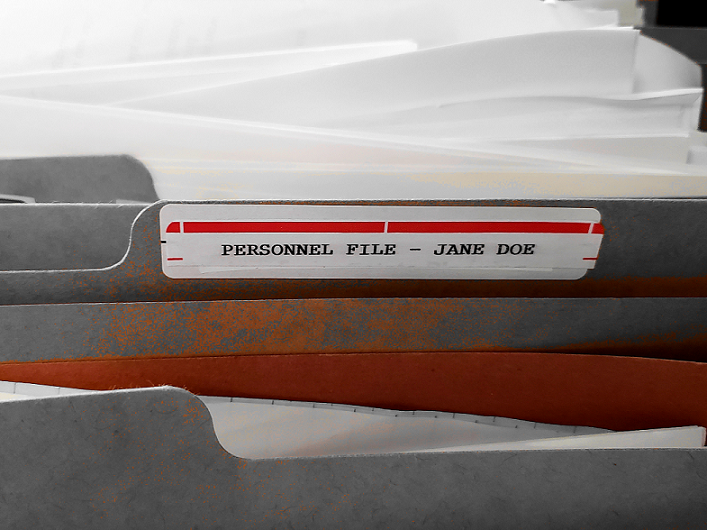
The Pennsylvania Personnel Files Act (Inspection of Employment Records Law, 43 Pa. Stat. Ann. §§ 1321-1324) grants employees in Pennsylvania, or their designated agents, certain rights to inspect their personnel files as maintained by the employer. Specifically, the Act requires employers, upon an employee’s request, to permit the employee to inspect those portions of the employee’s own personnel file used to determine qualifications for employment, promotion, additional compensation, termination or disciplinary action. Employers must make the records available during regular business hours and may require employees to submit a written request form.
Until recently, the Commonwealth Court of Pennsylvania had interpreted the Act also to provide inspection rights to recently-terminated employees, and so did the Pennsylvania Department of Labor in its guidance.
However, on June 20, 2017, in the case of Thomas Jefferson Univ. Hosps., Inc. v. Pa. Dep’t of Labor & Indus., 640 Pa. 219 (Pa. 2017), the Pennsylvania Supreme Court reversed the Commonwealth Court and instead held that the Act was clear when it defined “employee” to mean only those that are currently employed. Accordingly, the Pennsylvania Supreme Court has determined that a former employee does not have the right to inspect his or her personnel records under the Act.
It should be kept in mind, however, that some Pennsylvania employers may have policies or handbook provisions that provide for broader rights of inspection than what the Act provides. So those policies should be consulted when making or receiving a request to inspect a personnel file.
The Supreme Court’s decision appears favorable to employers, but it serves as a reminder to employers to be aware of the Act and what it requires, and in general, the benefits of contemporaneously documenting and maintaining records for an employee’s personnel files. A well-documented personnel file can help demonstrate that an employee was discharged for a legitimate, nondiscriminatory reason.
Conversely, the case serves as a reminder to employees to utilize the rights provided under the Act, and to regularly inspect their own personnel file and to promptly address any questions or concerns about the accuracy of the contents of the file.
The Law Offices of Maloney Danyi & O’Donnell represent both employers and employees on a broad array of employment law matters. If you need assistance with any employment law matters, do not hesitate to call us for a consultation.






